 Trollheart's Hilarious History presents... Converting the Heathen in Aglso-Saxon England, a Beginner's Guide
Trollheart's Hilarious History presents... Converting the Heathen in Aglso-Saxon England, a Beginner's Guide
I suppose in fairness you can see how, to pagans who had struggled all their lives to live up to a certain code in order to be included on Woden’s guest list, Christianity must have been almost like a free meal ticket.
Let’s imagine, for the sake of it, a typical conversation (soon to be conversion) between an unnamed Saxon and a Christian monk, the latter kind of the medieval equivalent of those military recruiters that haunt college campuses in search of souls they can snare and trap in a lifetime of servitude to the war machine.
Monk: “So what’s the current deal with your god?”
Saxon: “We get to go to Valhalla when we die, where we will feast and sing and carouse with the prettiest women for all of eternity.”
Monk: “Our God does not allow drinking or feasting or sex in his house.”
Saxon: “Goodbye.”
Augustine: “Nice try brother, but remember page one of
Converting the Heathen, a Guide for the Novice Missionary: never tell them anything they won’t approve of.”
Monk: “But surely, Father, tis a sin to lie?”
Augustine: “I told you before, I’m not your father. I don’t care what your mother says, she’s a bitc - ah, where was I? Yes, a lie. Well, brother, as the Good Book says, there are lies and there are lies.”
Monk: “Where does it say that, Fa - ah, brother?”
Augustine (annoyed): “Ah, somewhere at the back I think. It’s not important. The point is, if you’re lying for the glory of God, it’s not a lie really, and since you’re dealing with pagans, the lie does not apply. Got it?”
Monk (doubtfully): “Got it, brother.”
Augustine: “Good man. Now here’s another. What’s your name friend? Really? Egthel, Slasher of Throats. Jolly good. My, you
are a large fellow aren’t you? Look at those muscles. Er, over to you, brother.”
Monk: “Ah, well, I’m, ah, that is, I’m told that you can get into Valhalla if you…?”
Egthel, Slasher of Throats: “S’ right. All you need do is die a hero’s death, be valiant in battle, kill all your enemies, rape their women, take their land…”
Monk: “That’s, ah, rather a lot of conditions.”
Egthel, Slasher of Throats: “I don’t care to be interrupted.”
Monk: “Sorry, do go on.”
Egthel, Slasher of Throats: “Sacrifice animals, obey your king, teach your children the ways of worship, never show weakness…”
Monk: “.”
Egthel, Slasher of Throats: “I think that’s it.”
Monk: “I see. And if you don’t, well, fulfill all those conditions?”
Egthel, Slasher of Throats: “Well, you don’t get in.”
Monk: “But what if there is no way for you to die in battle? What if you’re at peace with all your neighbours?”
Egthel, Slasher of Throats: “Well, you go out and look for some enemies, don’t you?”
Monk: “And what if you can’t find any?”
Egthel, Slasher of Throats: “There’s always enemies.” A little less certainly “Aren’t there? I mean, stands to reason. Man got to have
enemies.”
Monk: “But if there are none? What do you do then?”
Egthel (worried): “Well, I suppose you might - urgh - have to die a peaceful death, die in (spits) bed!”
Monk: “And then what?”
Egthel, Slasher of Throats: “Well, then you don’t get into Valhalla, do ya? I mean, stands to reason. Doesn’t it?”
Monk: “Ah, but what if I told you that MY god will take you into HIS house NO MATTER HOW you die?”
Egthel, Slasher of Throats: “You’re winding me up, son!”
Monk: “No, really. I promise.”
Egthel (still suspicious): “You’re telling me (grappling with the unfamiliar concept) this god of yours will let me in even if I (whispers, looks around guiltily) die in bed?”
Monk: “Yep.”
Egthel: “Sign me up, son! I never really liked all this dying in battle lark, if I’m honest with you now. All that rushing about with axes and swords and hammers - fella can get really hurt that way! Sides,” (guiltily) "I haven’t slashed a throat in yonks now. Wondering why I continue calling myself Egthel, Slasher of...”
Monk: “Throats, yes.”
Egthel, Slasher of Throats: “Exactly. It’s like, I’m more into farming these days, so maybe no so much throat slashing, more herding of sheep. I don’t know,” looking doubtful, “You think Egthel, Herder of Sheep works better?”
Monk: “Definitely.”
Egthel, Previously Slasher of Throats, potential future Herder of Sheep: “You really think so?”
Monk: “No doubt about it at all. I mean, look at it this way: anyone can, um, slash a throat…”
Egthel, Previously Slasher of Throats, potential future Herder of Sheep: “Not like I could, mate! I was known for it! Famous I was. These kids these days, they don’t know how to slash a throat, it’s all rush rush hack hack with them. They don’t realise there’s an art to it…”
Monk: “Ah, yes. So, moving on. You think you might be interested in converting?”
Egthel, of no current occupation: “Could be, could be. Tell me, how do you deal with your enemies?”
Monk (uncomfortably): “Well, um, that is, we’re taught that if someone strikes us on one cheek…”
Egthel: “Break his arms, right?”
Monk: “Um, no…”
Egthel: “Gouge out his eyes? Smash his teeth? Break his nose?”
Monk: “Not exactly.”
Egthel, nodding, winking: “Ah, I got you! You’re a cutting people, right? Why f
uck around with breaking and gouging when you can cut. I can respect that. What do you cut? Arm? Leg? (eyes shining with a sudden manic light) Throat?”
Monk: “No! Listen, I…”
Egthel: "Gotcha. You go for something more (looks down, winks again)
personal, right?”
Monk: “No! No! Bloody no! We don’t gouge, cut, break or smash anything!”
Egthel (mystified): “So… what
do you do?”
Monk: “We offer them the other cheek.”
Silence.
Egthel, eventually: “Sorry, my helmet must be on too tight. Wife is always getting me one size too small. She says my head’s too big but I know it’s her. Can you repeat that? I almost thought you said…”
Monk (miserably): “I did.”
Egthel: “You… offer them the…
other cheek? Why? They’re just going to strike it too… oh wait!” (Brightening) “I think I have it now! Very clever, yeah. You turn the cheek so they don’t see your mate coming up behind them with a big axe…”
Monk: “No, no, there’s nobody coming up behind them.”
Egthel: “Then why… I mean, how do you wreak your, you know, bloody vengeance?”
Monk: “We don’t. We’re a peaceful people.”
Egthel: “Yeah, well, me too, son, but I got my limits. And if anyone hits me on the cheek, he’s going down, and hard.”
Monk: “It’s not son, it’s brother.”
Egthel: “You’re not my brother (confused). I bloody hate my brother. (Suspicious again) Hey! You’re not, are you? You’re not… you’re not Egthorn, in disguise? (shaking head) “Nah, couldn’t be. That bastard is about a foot taller than you.”
Monk: “I think we’re getting sidetracked again.”
Egthel: “Look, you seem a nice guy, but if you’re not into wreaking bloody vengeance, what’s in this for me?”
Monk: “A free pass into Paradise? No dying gloriously in battle required? Those dying peacefully in bed welcome?”
Egthel (scratching chin): “Oh yeah. Forgot about that bit. I do like that idea. Not so keen on turning the other cheek though.”
Monk: “Tell you what, let’s put a pin in that for now, eh?”
Egthel: “Good idea. Where to put the pin though? I prefer the centre of the eye, driven hard…”
Monk: “It’s just an expression.”
Egthel: “An expression of violence, yes.”
Monk: “Let’s go back to this god of yours, shall we. Woden, isn’t it? He demands a lot of you, does he not?”
Egthel, Previously Slasher of Throats, potential future Herder of Sheep: “Well yeah, I mean, your god must be more powerful than Woden if he can guarantee me a place in - what did ya call it? Pair of dice? He must be really strong! What’s he like?”
Monk: “Well, he died on the cross for our sins…”
Egthel, Previously Slasher of Throats, potential future Herder of Sheep: (frowning) “Hold on just one Saxon second, son. You telling me - now, you seriously telling me your god is, well,
dead?”
Monk: “Well, yes, but he rose again and…”
Egthel, Slasher of Throats, no longer considering a change of name: “Sorry son, you lost me. Give me a god that can kick Woden’s arse, I’m there, but some Johnny who let us mortals hammer him up onto a cross and didn’t come back to wreak bloody vengeance…” (Pause. Hopeful look)
Did he come back to wreak bloody vengeance? Cos, I could be down with that. That speaks to me, god that gets killed, rises from the dead and then goes looking for his killers with a big axe in each hand. Did he go looking,” another hopeful look, “for his killers with a big axe in each hand?”
Monk: “Well, not exactly, no.”
Egthel, Slasher of Throats: “One big axe in both hands?”
Monk: “Um…”
Egthel, Slasher of Throats: “Two small axes, one in each hand?”
Monk: “The thing is…”
Egthel, Slasher of Throats: “
Any… kind of axe at all?”
Monk: “He doesn’t…”
Egthel, Slasher of Throats: “Doesn’t have to be an axe.” Sense of desperation. “Any weapon will do. Sword? Hammer? Big stick with nails in?”
Monk: “He’s, well, he’s not that kind of god I’m afraid.” Brightening slightly. “Love is his weapon. And brotherhood. And…” Trailing off… “Peace.”
Egthel, Slasher of Throats: “Nah, ya lost me pal. Any god who thinks peace is a weapon deserves all he gets. And any god who allows himself to be nailed to a piece of wood and doesn’t avenge himself in - I should make this very clear - the most awful and bloody manner, is not a god I can get behind. I’ll stick with the All-Father, if it’s all the same to you.”
Augustine (shaking head): “Brother! Page one, brother! Page f
ucking
one!”
Despite my somewhat lame attempt at humour there (sorry if you had to read through all of that but I can’t help myself sometimes) the idea of eternal life being granted just as long as you obey and lead a good life had to be more attractive than one only attained through a glorious death in battle, especially as, like I already pointed out, battles and the opportunity to die gloriously in them were becoming few and far between as the Saxons settled down. So it wasn’t quite the slog that the missionaries had originally envisaged.


 ok I was....
ok I was....
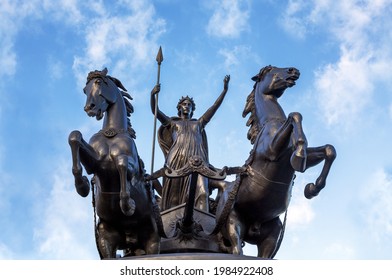





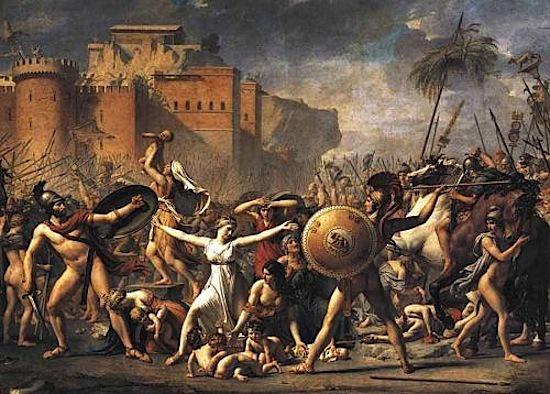



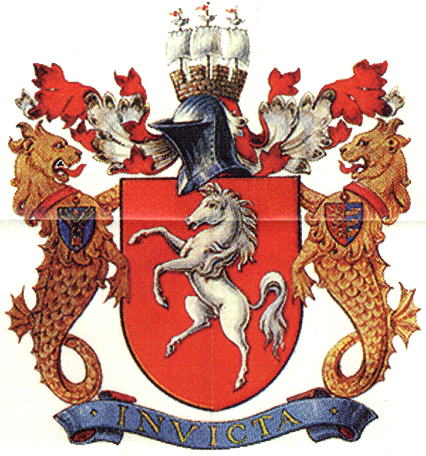
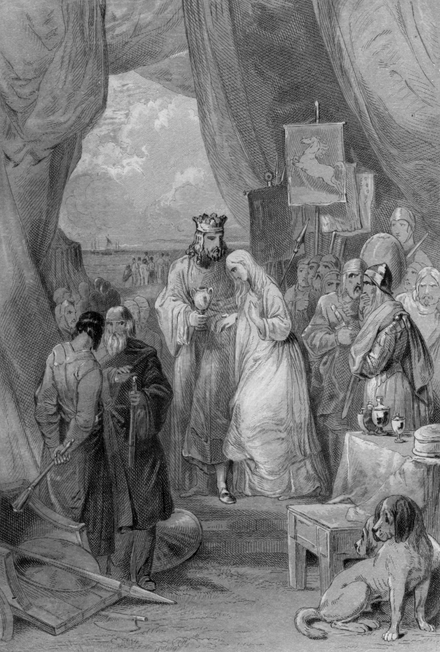






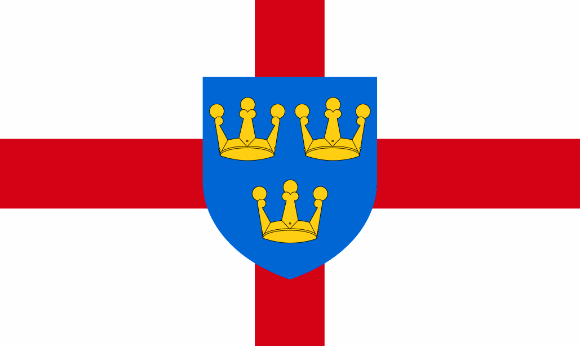

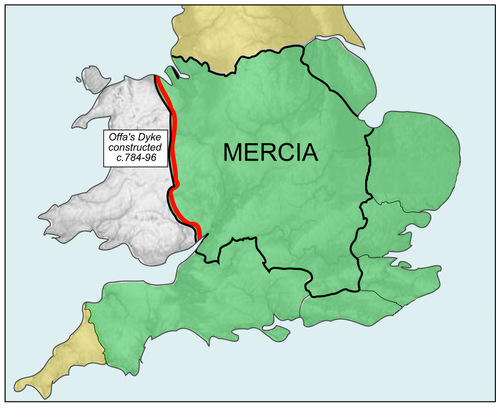
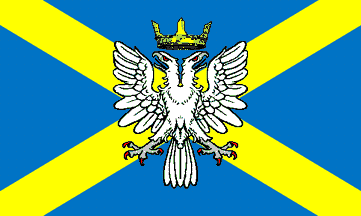
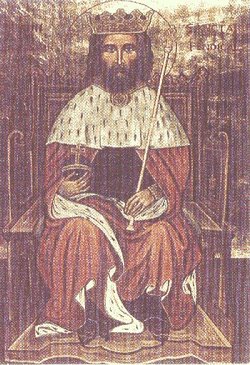
 Linear Mode
Linear Mode
